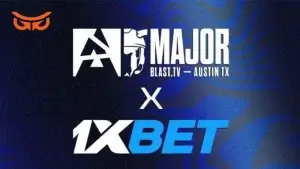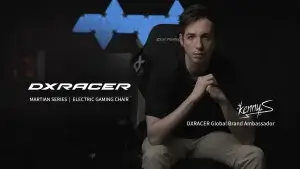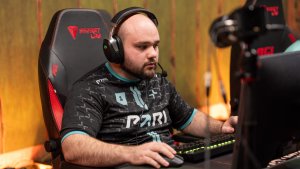Indian esports is growing really fast with multiple esports organizations forming and picking up rosters across different games. With the ecosystem evolving and diversifying across different titles, keeping track of all of them is challenging. Therefore, we have compiled the top esports teams in India.
Top Esports Teams In India
In this article, we take a look at the top esports teams in India. Mainly we are focusing on esports organizations that have multiple rosters which are dominating in their respective games.
MOGO Esports
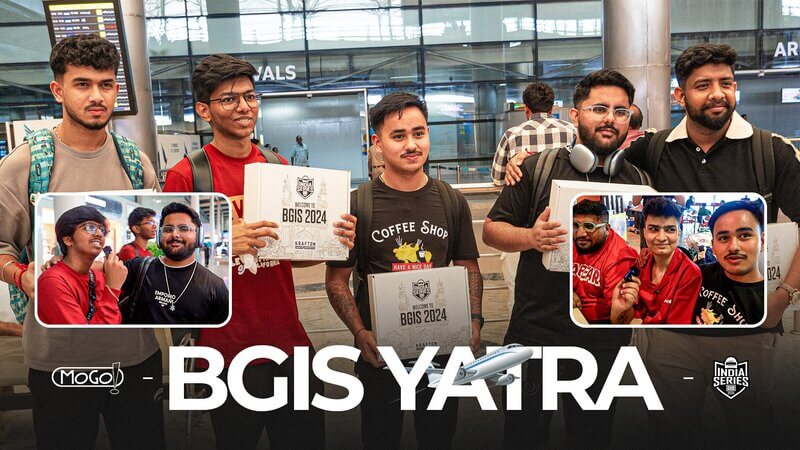
Starting off, we have MOGO Esports. This year, the organization signed up the Battlegrounds Mobile India (BGMI) Series 2023 winning roster. The team took part in various tournaments within the nation.
The organization’s most significant accomplishment this year was its win during the Titans Rising tournament held in October 2024. This was the first time we saw a collaboration between a team in the Indian Premier League (IPL) and an Esports event. The team also finished second during the THUG Invitational 2024.
While the BGMI esports roster didn’t perform as high as many expected, their VALORANT Esports team stole the spotlight. Following the completion of the VCT Ascension 2024, MOGO Esports announced their acquisition of the core of the VALORANT Esports team of MLT Esports.
This squad won the 2024 VALORANT Challengers Split 1 Cup 2. MOGO Esports qualified for the VCSA Split 3 tournament through the premier stage. VCSA split three consisted of some of India’s best VALORANT Esports teams.
MOGO Esports secured the championship during this event by going undefeated throughout the tournament, winning a prize of $20,000. They continued this momentum into the Penta Pro Series Season 2 VALORANT tournament.
Penta Pro Series Season 2 was India’s first official VALORANT OFF//SEASON event. During this event, MOGO Esports defeated each VALORANT esports team in India. They went undefeated and secured their second tournament win during the year. Thus, MOGO Esports is one of the top esports teams in India.
Global Esports
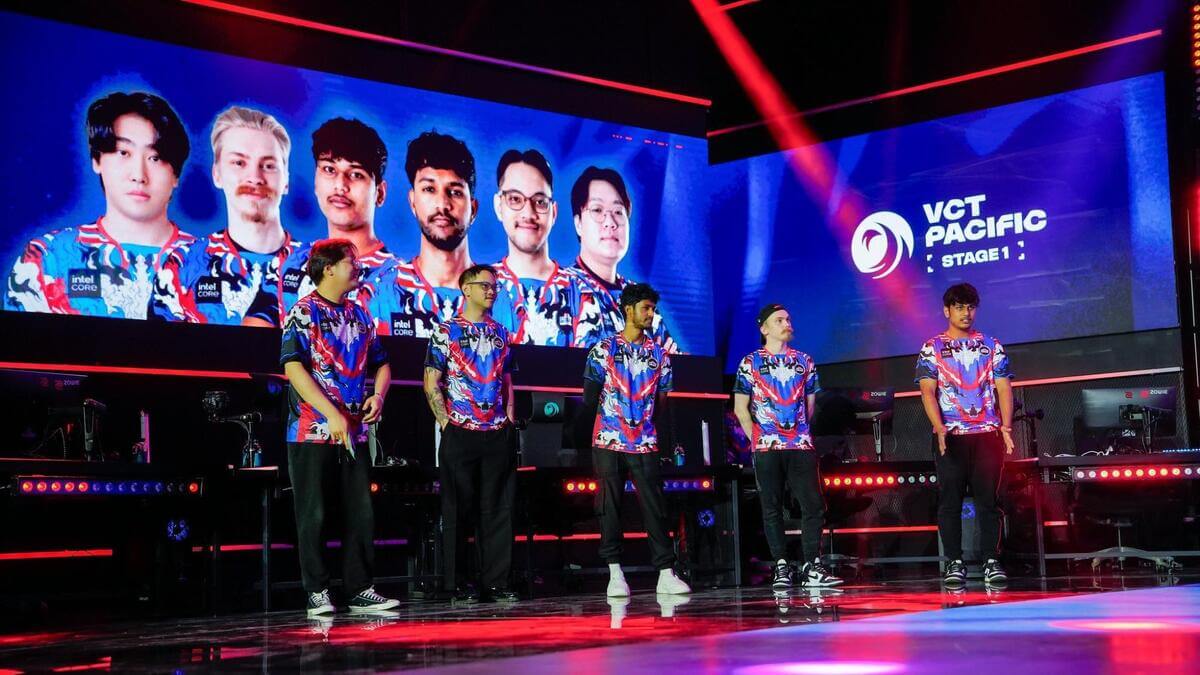
The next esports organization on our list is none other than Global Esports. Global Esports is one of India’s oldest esports teams. The organization began with games such as Dota 2 and Overwatch. Before the release of BGMI, they were one of the first organizations to have a PUBG Esports team in India.
Being one of the only esports teams from India to field a roster during the Overwatch Contenders 2019 Season 2: Pacific, finishing in 2nd place. Since then, they have become the sole representatives of South Asia on the VALORANT Champions Tour. Since 2022, Global Esports has been a part of VCT Pacific, the APAC VALORANT esports league.
Their run during the last two years hasn’t been ideal for the organization, though. The last time they participated in an international tournament was the inaugural VCT Lock//In event in Brazil in 2022. During 2024, their VALORANT esports team finished the VCT Pacific Stage 2 in 9th place.
In contrast to MOGO Esports, the Global Esport BGMI Esports team was one of the best in the country. For the 2024 season, the organization fielded a new BGMI Esports team. The captain of the team was Harmandeep “Mavi” Singh. He was a part of Orange Rock, hailed as one of India’s best PUBG Esports teams.
In 2024, he made a comeback to BGMI Esports. With a core of young players and Mavi, Global Esports finished second in the Battlegrounds India Series (BGIS). At the start of the year, the team won the Skyesports Mobile Open 2024 as well. All these results cemented them as one of the best esports teams in India.
Godlike Esports
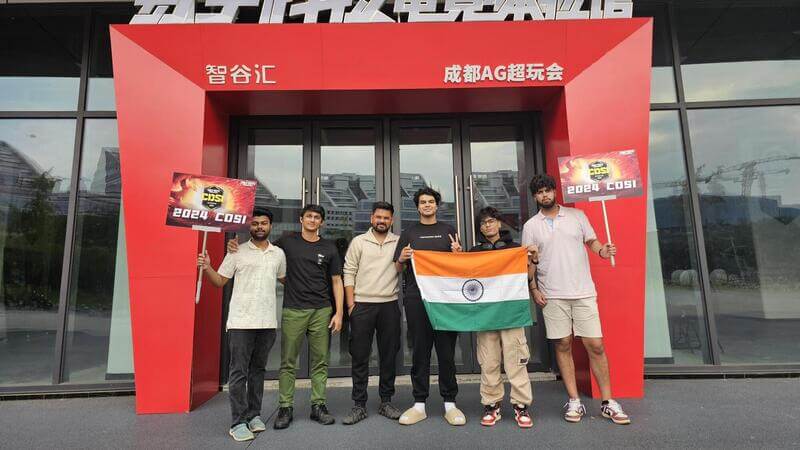
Godlike Esports is one of India’s most prominent esports teams. They are among the few organizations that have fielded a successful PUBG, Free Fire, and COD Mobile esports team in India. In 2024, Godlike Esports will be known for their BGMI and COD Mobile Esports teams.
In 2023, Godlike Esports became the first Indian team to reach the grand finals of any esports tournament worldwide. The Godlike Esports COD Mobile team reached the CODM World Championship 2023 grand finals. They went on to lose the grand finals against Wolves Esports from China, though.
Since 2021, the organization has had India’s best COD Mobile esports team. In 2024, the organization finished 5th during the CODM World Championship 2024, positioning Godlike Esports as one of the top Esports teams in India.
Soul Esports

In second place is Soul Esports. Soul is one of the few organizations in India that has participated in multiple international tournaments. In 2021, they fielded a Free Fire Esports team and a Call of Duty mobile esports team in India. Their Free Fire lineup was one of India’s best Free Fire esports teams.
In 2022, the organization fielded its first Pokemon Unite team. Since then, it has become India’s best Pokemon Unite Esports team. It has qualified for both the 2023 and 2024 Pokemon Unite World Championships. With the upcoming Pokemon Unite Asia League in Japan, only time will tell if they are eligible for the forthcoming championship.
With the return of BGMI in 2023, Soul Esports fielded their old PUBG Mobile esports team. But in 2024, they let go of that roster and signed one of the best BGMI teams in India, the 2023 Battlegrounds Mobile India Pro Series winner, Blind Esports. In 2024, their BGMI team was one of the best in the nation. Below is a list of all their significant accompaniments in 2024:
- The Multiverse Series 2024: The Final Showdown (1st)
- iQOO Pro Series 2024 (2nd)
- ESL Snapdragon Pro Series: BGMI (2nd)
- Skyesports Champions Series 2024 (2nd)
- Upthrust Esports India Rising 2024 (1st)
- Battlegrounds Mobile India Series 2024 (4th)
- BGMI Masters Series Season 3 (1st)
- THUG Invitational 2024 (4th)
During the 2024 Esports Awards, S8ul won the best esports content group in the world for the third time in a row. Thus, Soul Esports is one of the top esports teams in India in terms of both competition and content creation.
Gods Reign/ Gladiators Esports
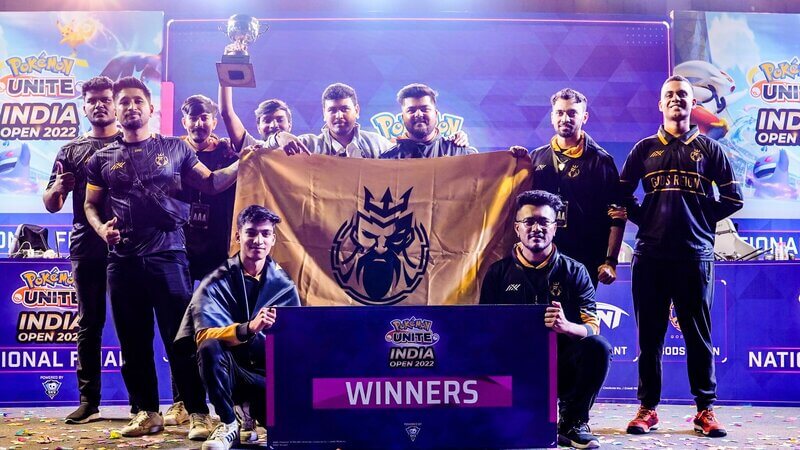
The list of top esports teams in India is incomplete without the mention of Gods Reign. Recently, its sister brand, Gladiators Esports acquired the esports team, but the content end is set to still operate under the Gods Reign banner.
They have teams in Pokemon UNITE, BGMI, and even Counter Strike. In fact, their CS roster is among the top Counter-Strike teams of India.
Revenant XSpark: Are they set to the among the best esports teams in India?

Last but definitely not the least on our list of top esports teams in India is Revenant XSpark.
In 2023, Revenant Esports’ Brawl Stars team finished 5th during the Brawl Stars World Finals 2023. In 2024, this organization dominated both BGMI and VALORANT esports in India.
This year, during the VALORANT Challengers South Asia, Revenant Esports finished 1st. This victory qualified them for VCT Ascension Pacific 2024. During this event, they finished in 7th, the highest an Indian finished.
While in BGMI, Team XSpark broke records. This year, Team XSpark became the first team in BGMI Esports to win all official BGMI events. Team XSpark won both the BGIS 2024 and BMPS 2024. They took home a prize of $161,559 through winnings alone.
Now that the two esports teams in India have collaborated to become one, Revenant XSpark is one of the top esports teams in India, if not the best.
How many esports teams are there in India
India is the fastest-growing gaming market in the world, per a report by Niko Partners. Therefore, the country has more than 25 esports organizations, with professional teams exceeding 100 across different games like Counter-Strike, BGMI, Free Fire, Pokemon UNITE, and even upcoming esports games like Indus Battle Royale.
With such a vibrant market, esports betting in India is also very common. Players can bet across different legal websites in different esports competitions – not just in India but around the world.





